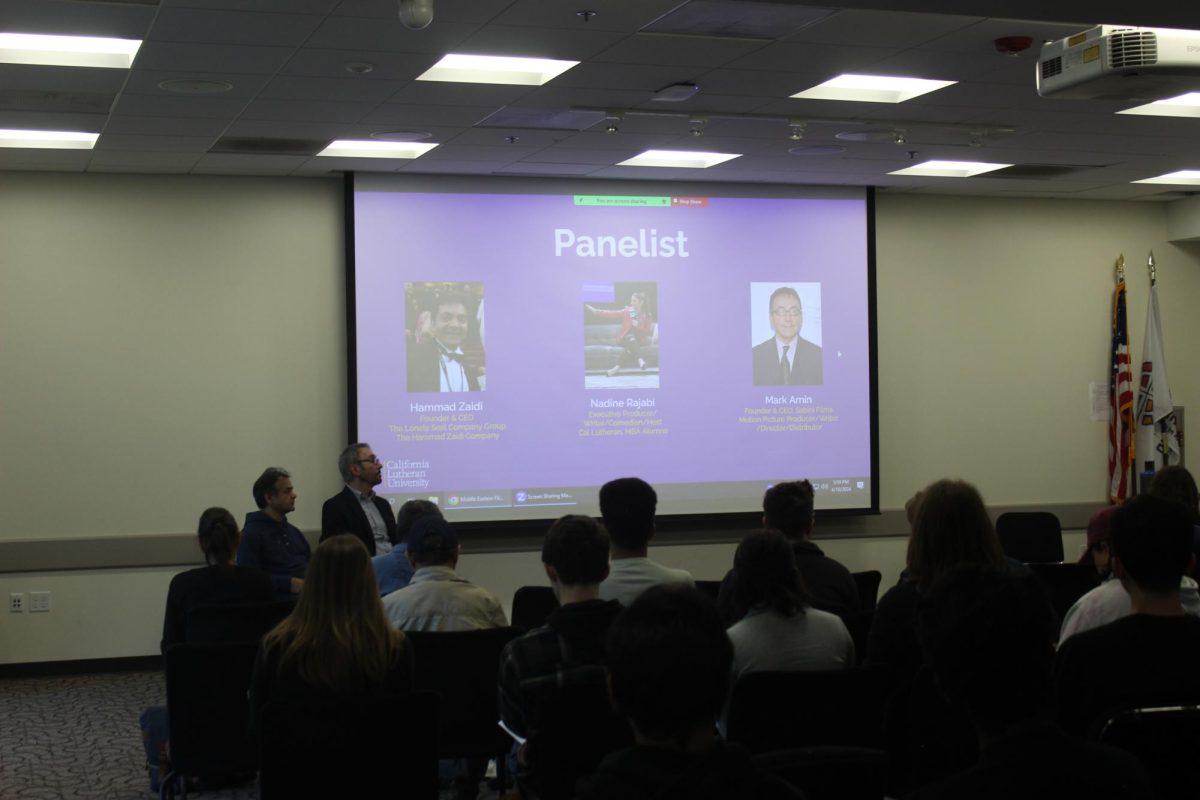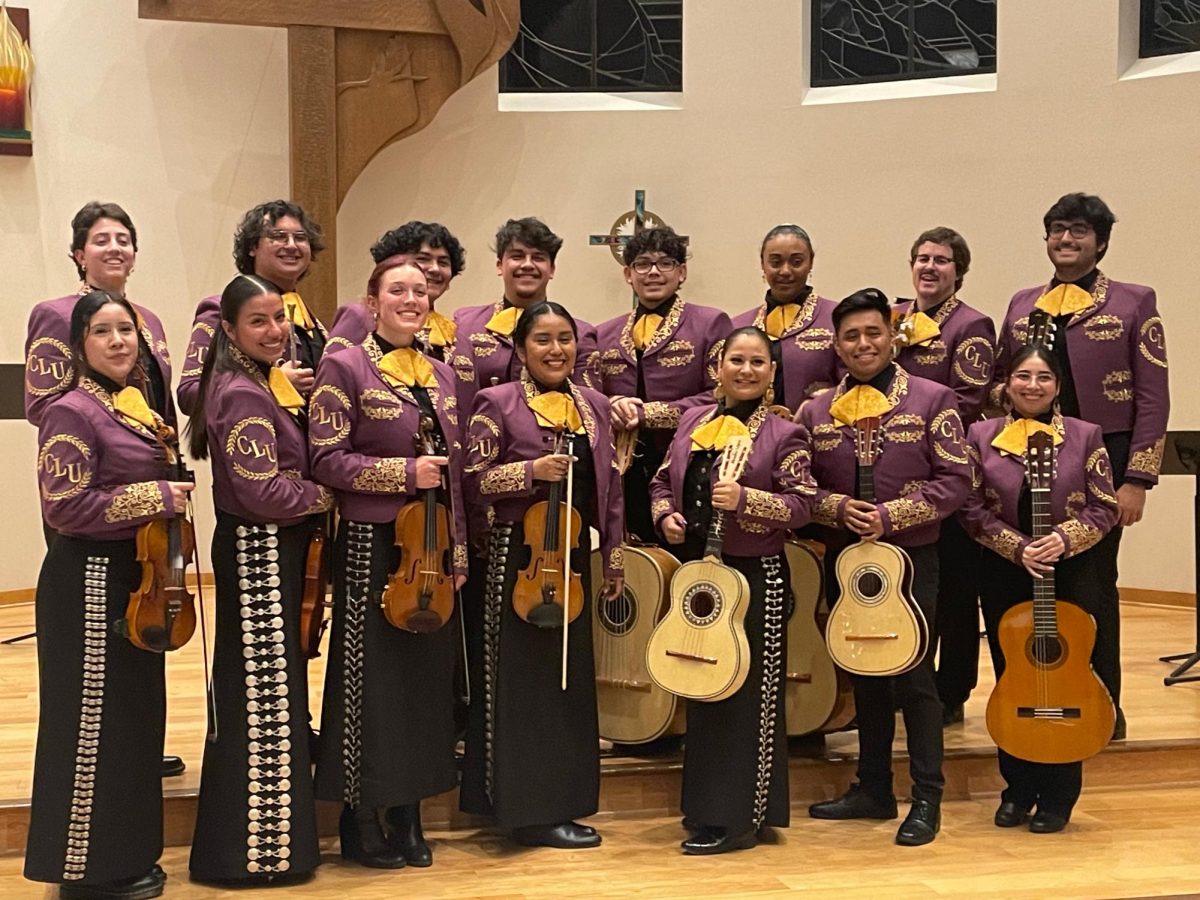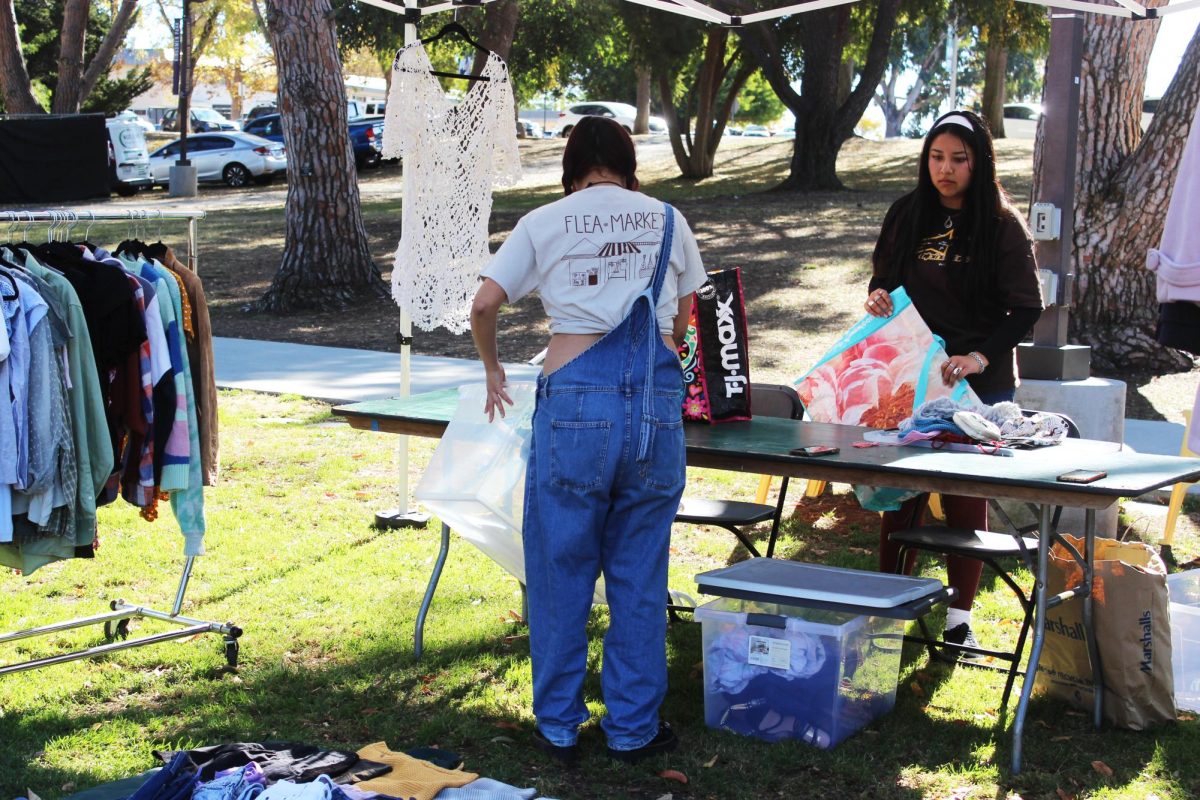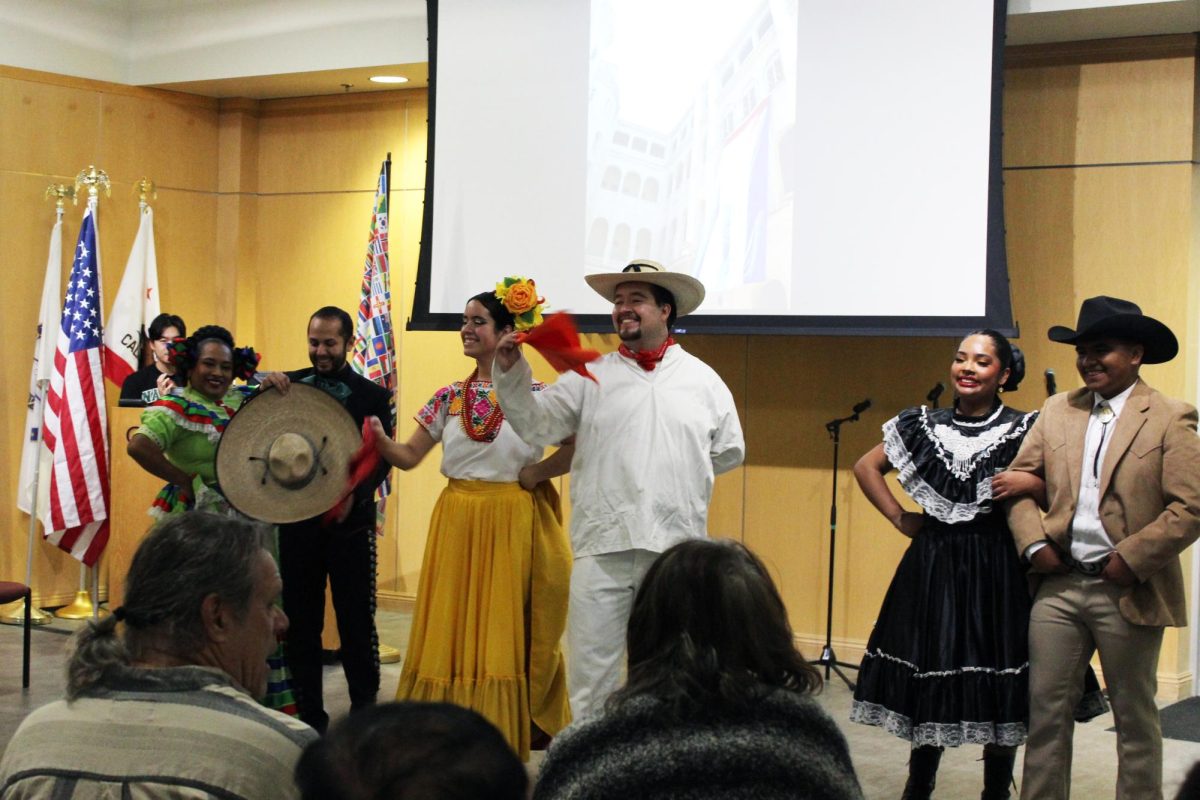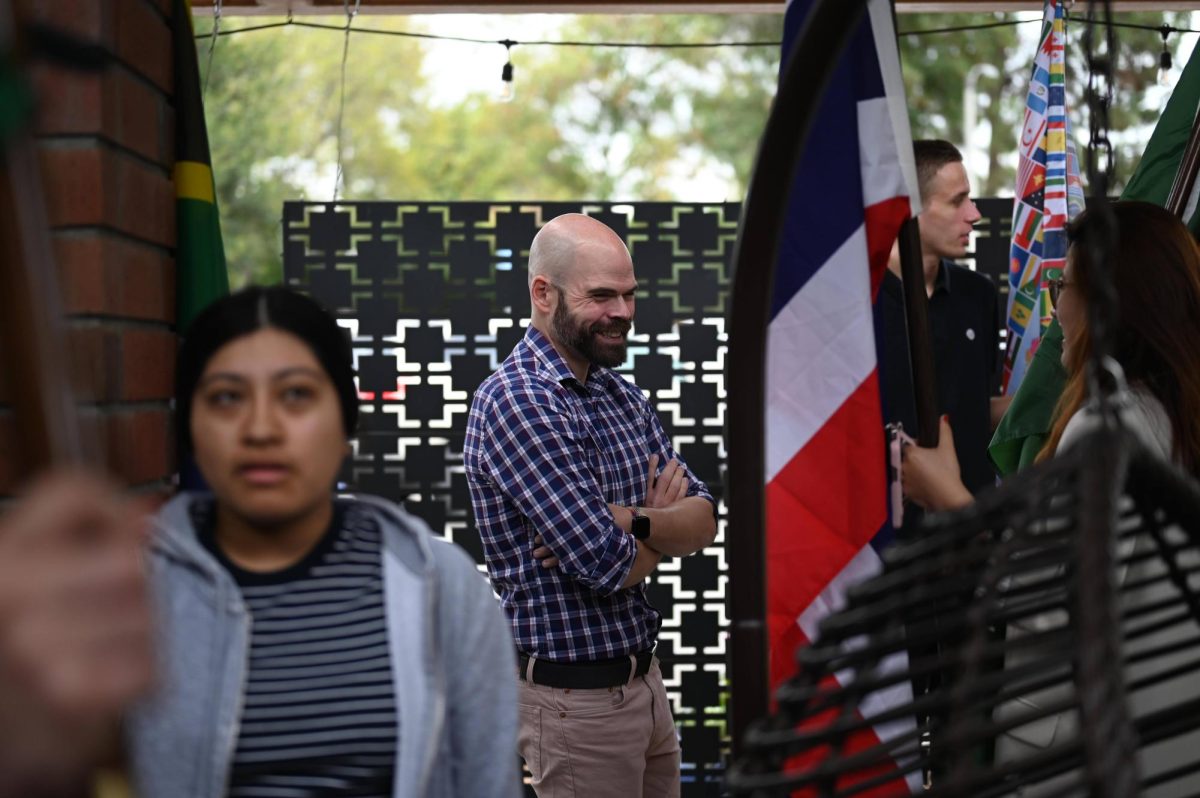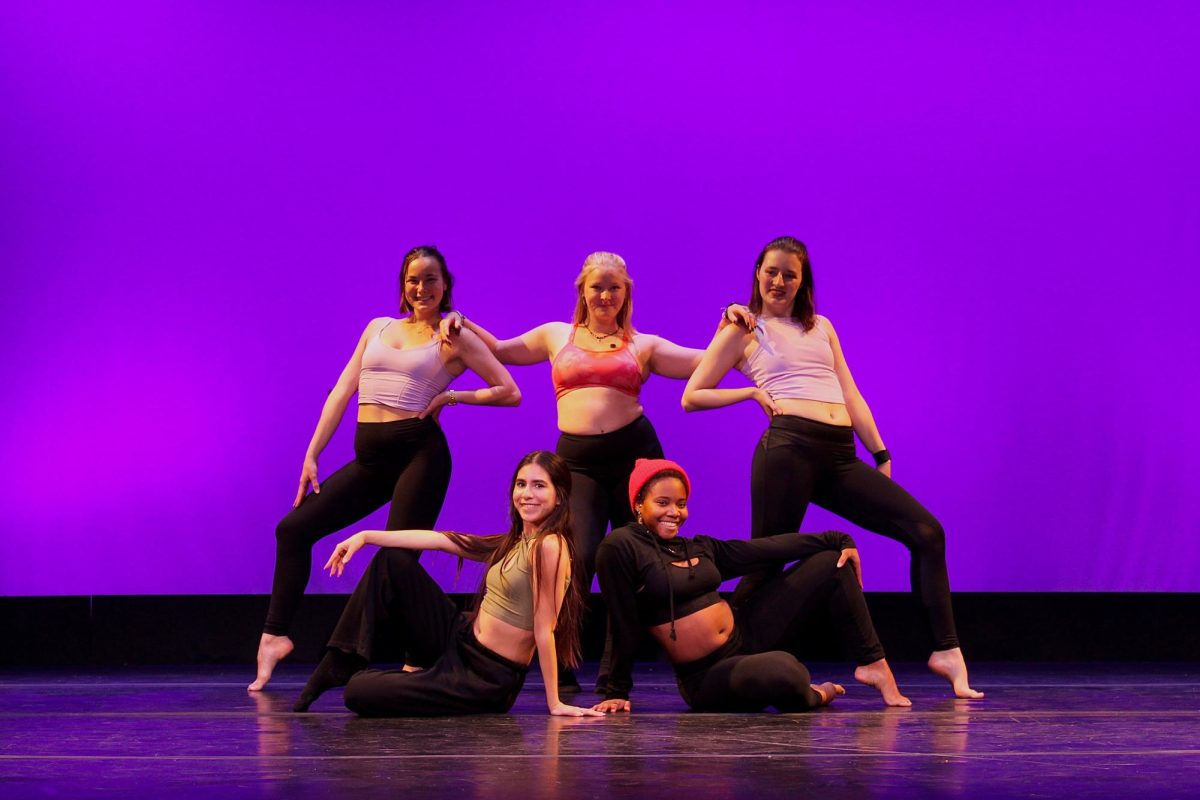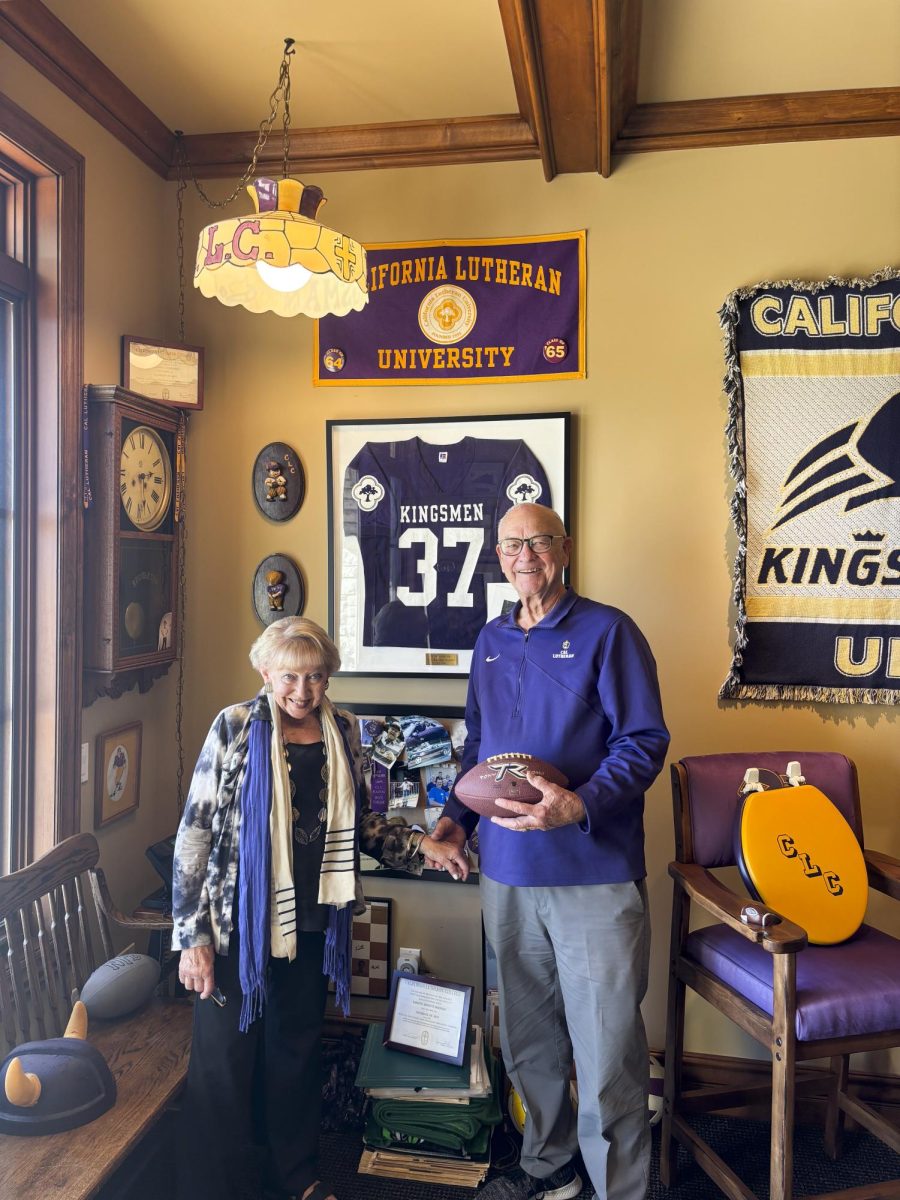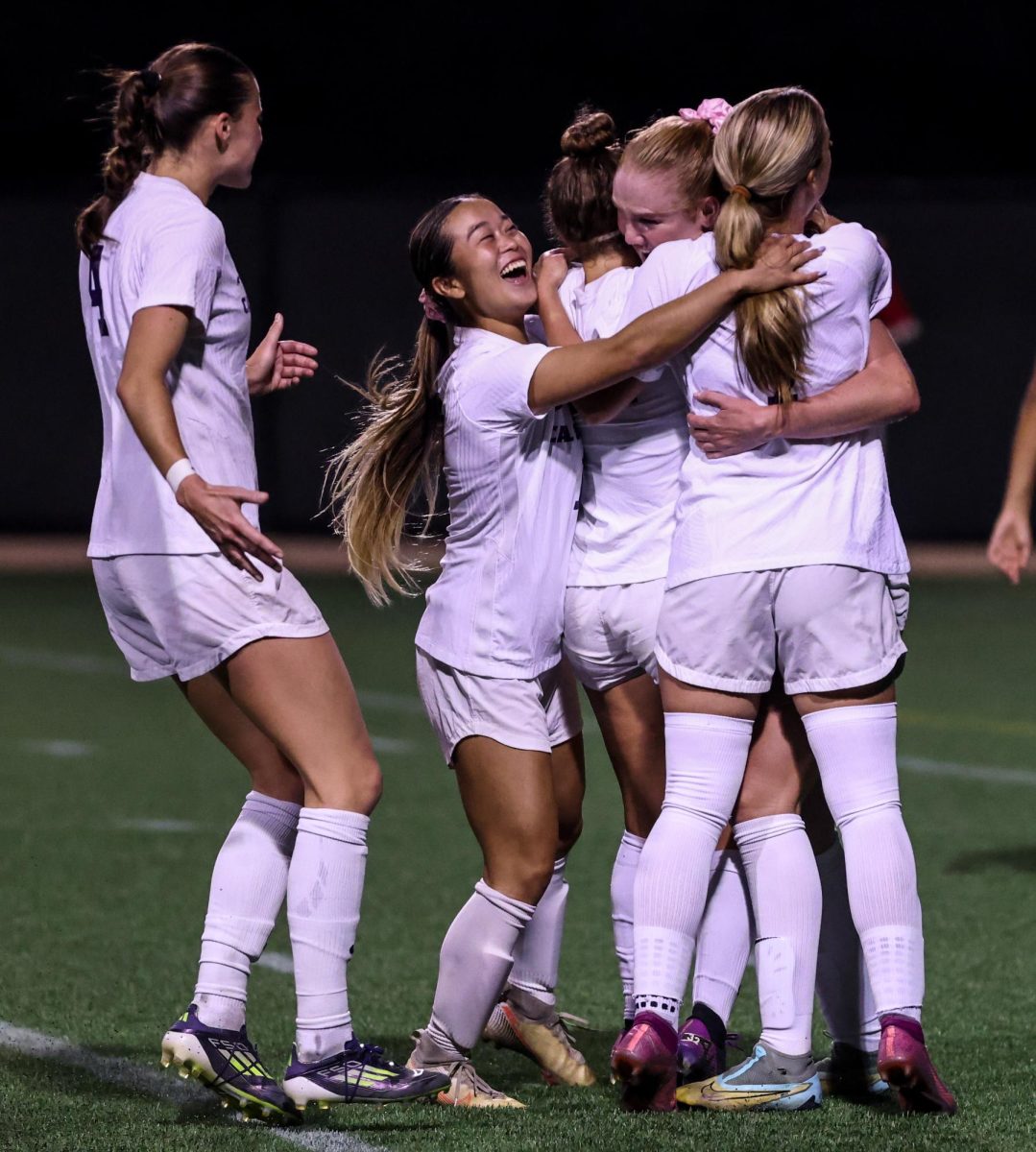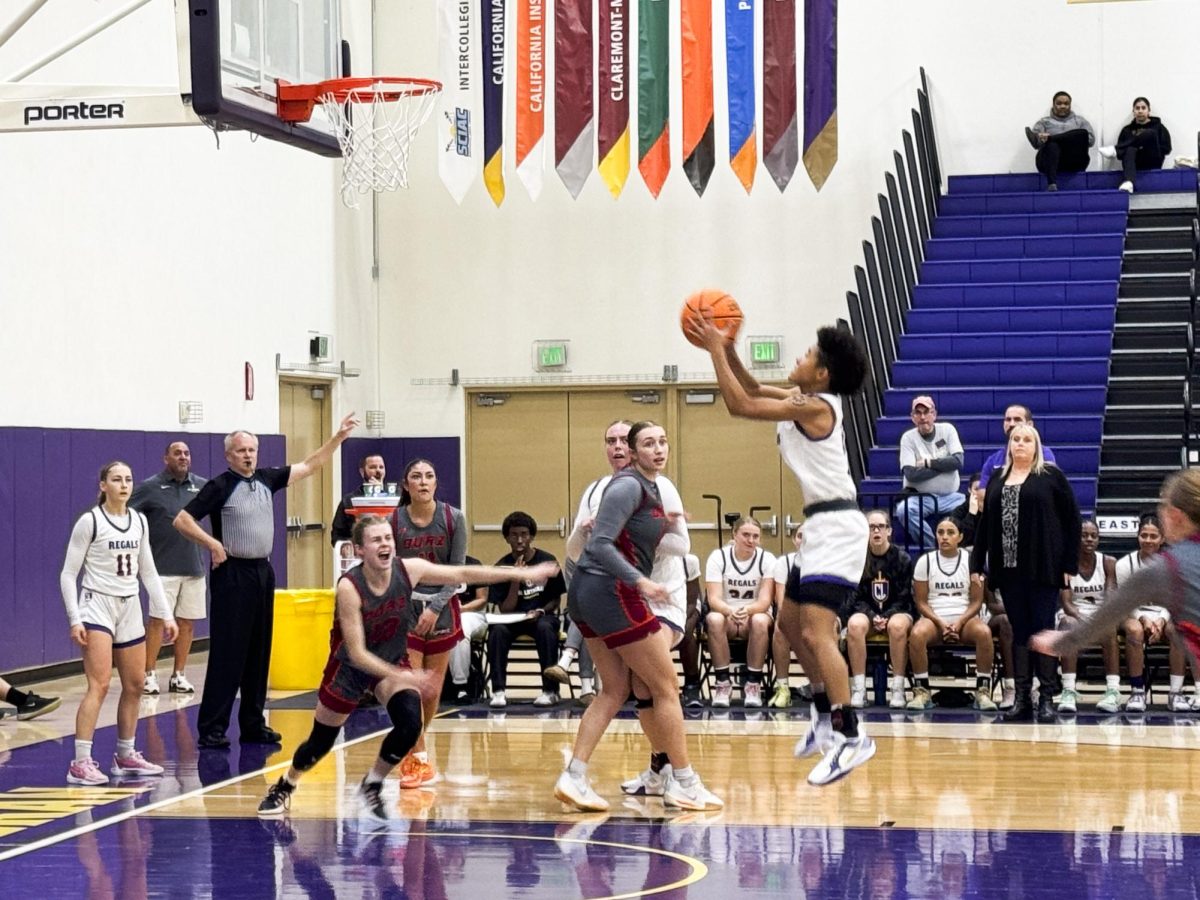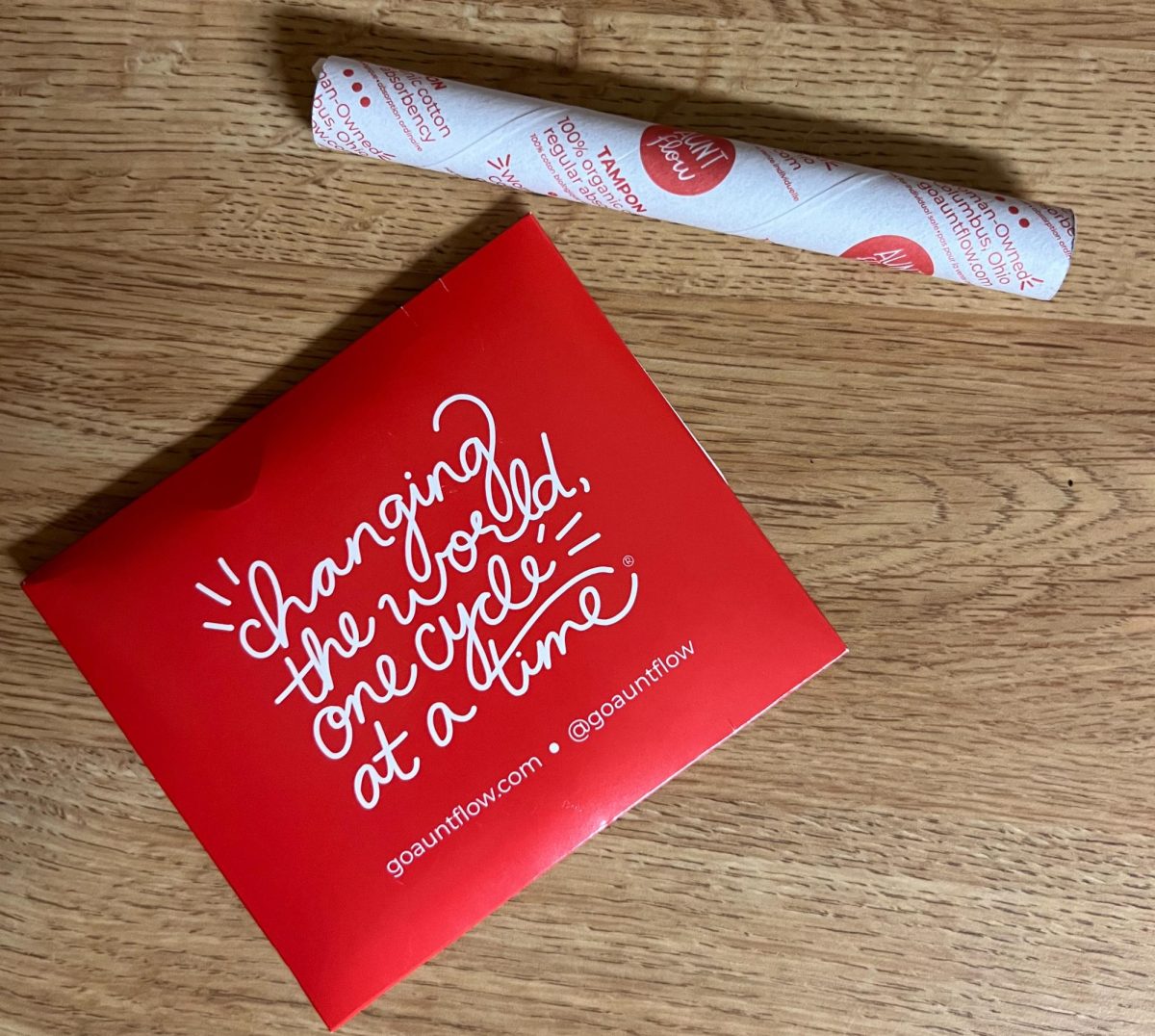California Lutheran University hosted the inaugural Middle Eastern Film and TV Summit on April 16. The event was hosted by Associate Professor of Film and Television Mahmoud Salimi and Associate Professor and Chair of the Film and Television Department, John Fitch III.
The summit consisted of Middle Eastern food and a panel of four total guest speakers, each being a professional and prominent figure in the entertainment industry and of Middle Eastern descent.
The event began with Egyptian indie filmmaker, writer, producer, and novelist Dina Abdel Salam. Her most recent feature earned 35 international awards. Salam spoke openly at the panel about her unique experiences within the entertainment industry, as well as the challenges indie filmmakers face in creating their art.
“The journey has been tough for several reasons,” Salam said. “There is hardly any financial reward. Even if there is a monetary prize, which is usually very slim, I will always use that money to fund the following projects.”
Salam said that despite the financial challenges of being an indie filmmaker, having to rely on local funding and talent helps keep her filmography authentic.
“The fundgivers will always give you the funds for a story they want to hear, or a narrative they want to hear, not for you to create your own narrative,” Salam said.
Following Salam’s presentation and opening speech was the panel, which consisted of three other professionals in the film and television industry. Film producer, writer, director, and distributor Mark Amin, executive producer, comedian, and writer Nadine Rajabi, and writer, producer, and creative entrepreneur Hammad Zaidi joined Fitch to speak about the current landscape of the entertainment industry and provide personal insight for students aspiring to work in the industry.
Each panelist spoke about their unique journeys in the entertainment industry.
Zaidi said that it became his mission to go to UCLA film school after finding a UCLA beanie outside during recess in the snow as a child. He went on to receive his master’s from UCLA’s Film and Television Producers program. Zaidi went on to become the founder and CEO of The Hammad Zaidi Company, which oversees The Lonely Seal Film Festival. Zaidi said he now also operates within multiple charitable organizations and programs, such as the Script Accessible contest, in which writers of any ability submit scripts revolving around disabled leading characters.
Amin said he originally had familial encouragement and personal intentions to work within his family business, but due to the 1979 Iran revolution, his family’s business had become government-controlled and he had to look elsewhere for a career. Amin said his brother encouraged him to pursue something he enjoys.
“I said, ‘Okay…well, I like movies,’” Amin said. “So I invested into a video store, and fortunately my partners were really smart.”
Amin then started a video distribution company to help make a living. He said he wanted to go into production, but he had to keep finances prioritized at the time for his wife and children. Once the company became successful, Amin was able to start producing films through it and eventually sold and merged the company with Lionsgate, where he spent nine years as the company’s vice chairman.
Rajabi, a Cal Lutheran alumna, said that she originally had plans to go into the science or medical field as a biology major and at Cal Lutheran. However, Rajabi said the primary source of this motivation came from her familial pressure from back home in Iran, rather than her true personal passion. Rajabi’s passion had always lied in performing, being inspired by the likes of Joan Rivers in her childhood on television.
“In my mind, I always had this vision of comedy and television, I was obsessed with television,” Rajabi said. “That was my escapism because I was born literally six months before the revolution.”
Rajabi said she then acquired an internship in the entertainment industry, working tirelessly for writers to remain on her path. This became the origin of her comedy career.
“I remember asking one of the writers, ‘Will you read some of my jokes?’, and it kind of started from there,” Rajabi said. “I remember the writers of that television show said they would not sign my internship paperwork unless I got on stage and performed stand-up comedy, because I told them that’s what I wanted to do.”
Rajabi said her journey into the industry began there, and emphasized the importance of building valued relationships and networking through internships. Rajabi went on to become the first professional Iranian female comedian in America but has taken a step back from her comedy career to focus on producing and writing. Rajabi said that she worked her way up in the industry through a myriad of positions on different television series, and found continuous success in the reality television industry due to her storytelling ability and passion. She currently works through multiple creative outlets, such as producing and launching “Below Deck: Mediterranean”.
All the panelists placed emphasis on and encouragement for students to remain proactive. Rajabi expressed this sentiment through technological accessibility for students as well.
“You all have so much accessibility, you all can be editing and shooting on iPhones,” Rajabi said. “iPhones are incredible devices, where you can just shoot anything and sell based on content.”
In an interview, Rajabi said students must remain driven but open to change and feedback, a sentiment all panelists seemed to encourage on Tuesday.
“I think the biggest thing is to remain teachable. You have to remain teachable,” Rajabi said. “Even now in my 40’s, I’m never too proud to ask anybody on my team, I learn from them, I learn from everybody.”
Rajabi spoke about the importance of Cal Lutheran and other universities utilizing diversity programs and events such as the Middle Eastern Film Summit. She encouraged students to seek out and take advantage of these opportunities while they have them.
“I’ve been part of Middle Eastern events, but they were not put on through universities,” Rajabi said. “I think there’s always resources, even in the 90’s I bet there were resources and we just didn’t know. Knowing there’s resources, knowing there’s diversity programs, knowing there’s a lot of initiatives to help diverse people from different backgrounds, from different sexual orientations, from everything. I think that would’ve helped me a lot.”
Students can find more information about upcoming events similar to the Middle Eastern Film Summit from Talent, Culture, and Diversity and reach out with any questions at [email protected].

